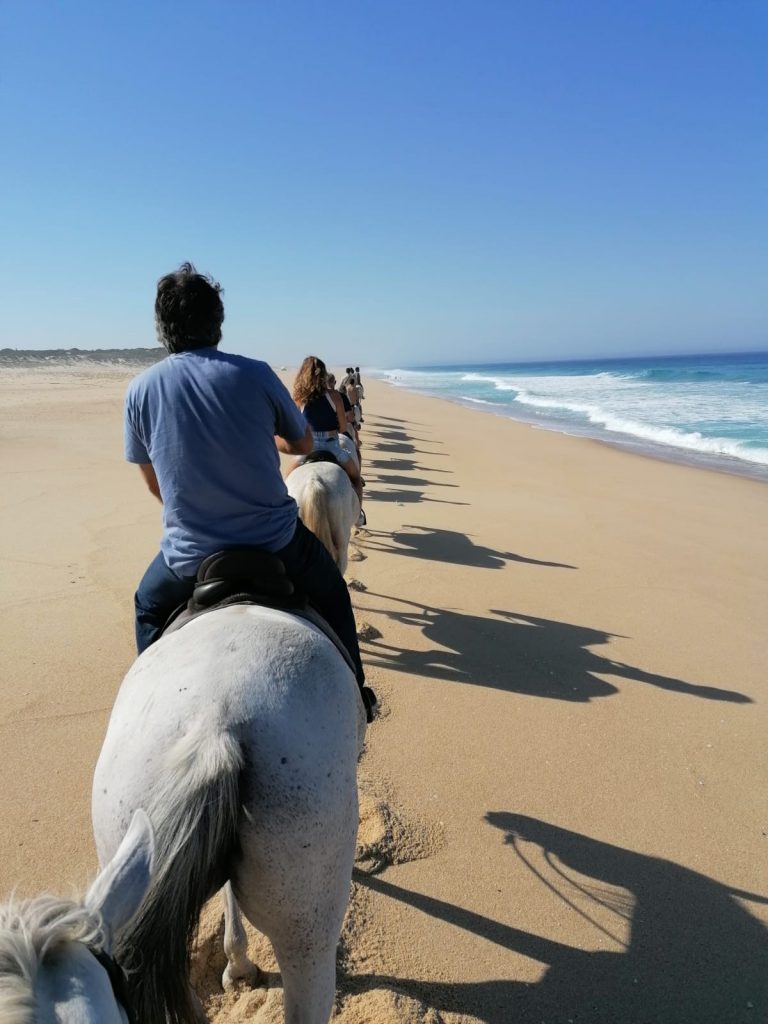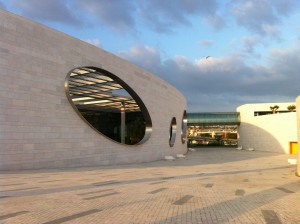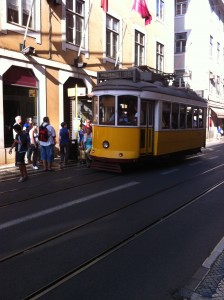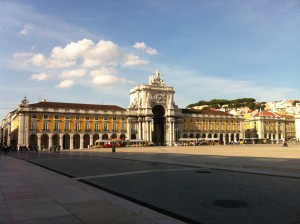It’s almost 6 months since the first lockdown was imposed in the UK yet the media is awash with stories of second waves of infection and a failure to meet demand for testing. Add the continuing furore over the “oven ready deal” to leave the European Union the electorate was promised in Q4 last year and its clear that trust in our organs of state is being seriously eroded.
Is that relevant in a business context? I would argue yes. Business doesn’t operate in a vacuum. It is on the receiving end of policy decisions made by government, often having to interpret guidance that is unclear. ‘Thriving on ambiguity’ works in a diplomatic environment enabling many interpretations of a word or phrase and allowing all parties to present outcomes as beneficial to them.
Professor Geert Hofstede who conducted one of the most comprehensive studies of how values in the workplace are influenced by country culture notes:
British are comfortable in ambiguous situations – the term ‘muddling through’ is a very British way of expressing this. There are generally not too many rules in British society, but those that are there are adhered to (the most famous of which of course is the British love of queuing which has also to do with the values of fair play).
In work terms this results in planning that is not detail oriented – the end goal will be clear … but the detail of how we get there will be light and the actual process fluid and flexible to emerging and changing environment. Planning horizons will also be shorter.
It is not a sound approach to managing a crisis or meeting treaty obligations.
If guidance is not informed by the best knowledge and data, or deemed politically expedient to ignore it, frustration, chaos and a polarisation of society is the outcome.
Once trust gets eroded at the top of society, and professionals tasked with enacting the guidance are held accountable for the actions of their masters, there is a ripple effect on business (and life). How for example can NHS Trusts conduct effective After Action Reviews or Lessons Learned exercises if any admission of error may result in dismissal or court action?
And the behaviours people see in their leaders often reappear further down the chain.
What is becoming increasingly clear in the UK is:
- There is a shift towards a hybrid model of home and hub working;
- Many organisations are reshaping their workforce concurrent with the phasing out of furlough; and
- Law firms and HR specialists are awash with requests to draft new contracts and assist with the laying off of workers.
What might you ask has this to do with Knowledge Management? Unfortunately a lot.
In the ISO 30401 KM Standard considerable attention is paid to the role leadership and culture plays in developing an effective Knowledge Management programme. Underpinning both is the need for trust: that what we are being told is the truth; that decisions are based on an assessment of all the facts; and that those tasked with coming up with solutiuons are not in some way tied to those who gave them the contract to do so.
Today, few organisations are equipped to handle the impact of the pandemic on their organisational knowledge and even less on the efficacy of their knowledge and search systems (“where do I find…?”).
This is not a new situation. A few years ago I was in a client’s office when some key employees with very domain specific knowledge announced their departure. If you want to read more about the approach I encouraged the client to adopt take a look at: “Going but not forgotten: how to conduct knowledge capture in a hurry“.
Impact of country culture and values
My recent (restricted) travels resurrected my interest in the role country culture plays in how people (and organisations) respond in a crisis and how they collaborate (or don’t).
A month previously I’d been in Germany staying with a Dutch friend. I’d seen the Germans universally adhere to track & trace, to social distancing and the wearing of masks. My Dutch friend had described in some detail how her countrymen struggled at first but were ultimately respectful of others. In Portgual over some amazing bottles of wine, superb food and horse riding (sorry I just had to put the picture in) I’d asked family and friends of all ages and status to rank their government’s performance. Each came out at about 7/10.

The media in these countries has for the most part been broadly supportive and in most cases the prevailing feeling was one of trust. I didn’t get a sense of polarised societies. As I’ve lived and/or worked in all three I was intrigued.
German Values, Gezellig & Saudade
Perhaps most revealingly each country’s characteristics play out in the way they’ve responded:
Germany
Hofstede notes:
…A direct and participative communication and meeting style is common, control is disliked and leadership is challenged to show expertise and best accepted when it’s based on it.
Communication is among the most direct in the world following the ideal to be “honest, even if it hurts” – and by this giving the counterpart a fair chance to learn from mistakes.’
Separate research revealed 5 core values most Germans aspire to:
Family, Order, Punctuality, Truthfullness and Attitude towards work.
Netherlands
Hofstede says:
.. keep the life/work balance and you make sure that all are included. An effective manager is supportive to his/her people, and decision making is achieved through involvement. Managers strive for consensus and people value equality, solidarity and quality in their working lives. Conflicts are resolved by compromise and negotiation and Dutch are known for their long discussions until consensus has been reached.
Wikipedia notes:
“… gezellig, does not have an English equivalent. Literally, it means cozy, quaint, or nice, but can also connote time spent with loved ones, seeing a friend after a long absence, or general togetherness.”
Portugal
Hofstede says:
… a close long-term commitment to the member ‘group’, be that a family, extended family, or extended relationships. Loyalty in a collectivist culture is paramount, and over-rides most other societal rules and regulations. The society fosters strong relationships where everyone takes responsibility for fellow members of their group.
Echoing the Dutch example there is a word that sums up the national consciousness:
Saudade is a deep emotional state of nostalgic or profound melancholic longing for an absent something or someone that one cares for and/or loves. Moreover, it often carries a repressed knowledge that the object of longing might never be had again. It is the recollection of feelings, experiences, places, or events that once brought excitement, pleasure, and well-being, which now trigger the senses and make one experience the pain of separation from those joyous sensations. However it acknowledges that to long for the past would detract from the excitement you feel towards the future. Saudade describes both happy and sad at the same time, which is most closely translated to the English saying ‘bitter sweet’. Wikipedia
In Portugal unlike the UK 70% of professional staff are back at work. Everyone wears a mask when in public, hand sanitisers are everywhere, the mercado has a disinfectant machine to go thru before entering, there is a curfew on the sale of alcohol after 8pm, nightclubs are closed and police are seen enforcing the use of masks in supermarkets.

The government has recovered from a slow start, is seen as being transparent and The President who is widely admired leads the public. Statistics and data are trusted.
Back to Hofstede. Here’s what his team concluded about dealing with the British:
Critical to understanding the British is being able to ‘’read between the lines’.’ What is said is not always what is meant.
Remote working implications
Over the past few years I’ve run a number of Masterclasses on Managing Virtual Teams. What this period has reinforced is the need to think much more deeply about set up, composition and language especially since I will be runing a number of virtual events in the coming months. The first of these is on September 30th for KMSA .
What do I takeaway from my excursions and time helping my town to respond to the crisis:
- Country culture is amplified in a crisis
- Remote or virtual working exagerrates country culture
- People need some form of social interaction to make virtual work
- Virtual facilitation requires taking a step back to let the silence hang!
And finally
For the last 6 months I’ve been involved in my town (Eastbourne’s) response to the crisis. I encouraged the civic leaders to follow KM principles and for a time that was successful especially in the planning phase. All meetings have been held virtually and participants from Leader of the Council to Volunteer Heads adapted well to using Zoom and MS Teams.
The majority of the 110k residents would probably applaud the collaborative non partisan efforts. The homeless were housed, people rallied round making PPE, incidence of infection is among the lowest in the country despite it being a town dependent on tourism and a number of recovery initiatives originated from within the group.
And yet it’s been galling to witness the disconnect between the headline announcement and the article (guidelines) those charged with implementation are faced with!






